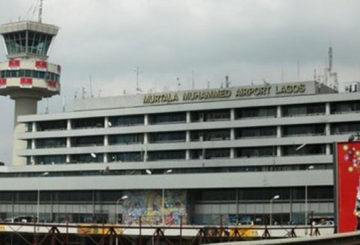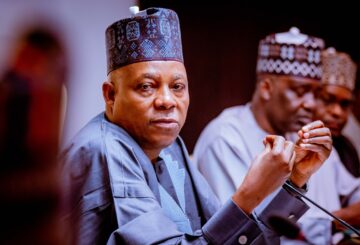During the second quarter of 2024, Nigerians repaid approximately N4.05 trillion in personal loans, leading to a significant reduction in outstanding personal loan balances. According to the Central Bank of Nigeria’s recent quarterly economic report, these repayments caused personal loan balances to drop from N7.52 trillion in the first quarter to N3.47 trillion in the second quarter, reflecting a dramatic decrease of 53.9%. This trend is in line with the Central Bank’s ongoing monetary policy adjustments aimed at controlling inflation and regulating money supply.
In the first half of 2024, Nigerians collectively borrowed around N5.49 trillion in personal loans from various financial institutions. Consequently, the repayment amounts indicate that approximately 74% of these new loans taken in the first quarter have already been settled. The hike in interest rates has made borrowing more expensive, causing consumers to prioritize repaying existing debts rather than seeking new loans. This shift is evident in the overall decline of consumer credit outstanding, which fell by 42.6% to N4.73 trillion in the second quarter.
The Central Bank’s report highlights that personal loans constitute 73.35% of total consumer credit, with a notable increase in retail loans, which rose from N0.72 trillion to N1.26 trillion. This suggests a shift in borrowing patterns, as individuals focus on reducing their debts while small businesses in the retail sector resort to increased borrowing to cope with the rising costs of operation. The CBN, under the leadership of Yemi Cardoso, has raised the monetary policy rate five times, culminating in a current rate of 27.25%. These hikes, totaling 850 basis points since Cardoso’s appointment, aim to address the persistent inflation challenges facing the nation.
Fitch Ratings has projected a rise in non-performing loans for Nigerian banks in 2024, attributing this trend to high interest rates and inflation. The September 2024 Inflation Expectations Survey conducted by the CBN revealed that 71.4% of respondents support a reduction in interest rates, reflecting widespread concerns about the economic climate and borrowing costs. While Cardoso acknowledged the burdensome nature of the 27.25% interest rate for borrowers, he emphasized that it was essential for curbing excess money circulation and managing inflation. The next Monetary Policy Committee meeting is scheduled for November 25-26, 2024, during which further interest rate adjustments are expected in response to ongoing inflationary pressures.
- Tags: CBN, Central Bank of Nigeria, Nigeria, Personal loans





